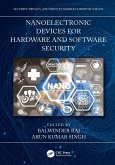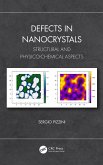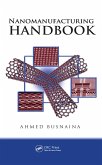Nanoelectronic Devices for Hardware and Software Security has comprehensive coverage of the principles, basic concepts, structure, modeling, practices, and circuit applications of nanoelectronics in hardware/software security. It also covers the future research directions in this domain. In this evolving era, nanotechnology is converting semiconductor devices dimensions from micron technology to nanotechnology. Nanoelectronics would be the key enabler for innovation in nanoscale devices, circuits, and systems.
The motive for this research book is to provide relevant theoretical frameworks that include device physics, modeling, circuit design, and the latest developments in experimental fabrication in the field of nanotechnology for hardware/software security. There are numerous challenges in the development of models for nanoscale devices (e.g., FinFET, gate-all-around devices, TFET, etc.), short channel effects, fringing effects, high leakage current, and power dissipation, among others. This book will help to identify areas where there are challenges and apply nanodevice and circuit techniques to address hardware/software security issues.
The motive for this research book is to provide relevant theoretical frameworks that include device physics, modeling, circuit design, and the latest developments in experimental fabrication in the field of nanotechnology for hardware/software security. There are numerous challenges in the development of models for nanoscale devices (e.g., FinFET, gate-all-around devices, TFET, etc.), short channel effects, fringing effects, high leakage current, and power dissipation, among others. This book will help to identify areas where there are challenges and apply nanodevice and circuit techniques to address hardware/software security issues.
Dieser Download kann aus rechtlichen Gründen nur mit Rechnungsadresse in A, B, BG, CY, CZ, D, DK, EW, E, FIN, F, GR, HR, H, IRL, I, LT, L, LR, M, NL, PL, P, R, S, SLO, SK ausgeliefert werden.









